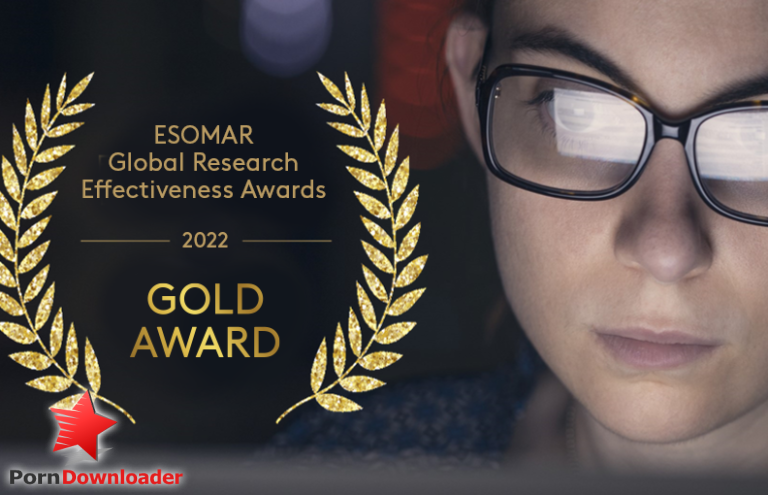Introduction
The widespread availability of adult-oriented content, facilitated by technological advancements, has contributed to a notable rise in pornography addiction. A thorough understanding of the underlying causes and available treatment methods is essential for anyone seeking to break free from this problematic behavior.
Factors Contributing to Pornography Addiction
1. Initial Exploration and Curiosity
Many individuals begin exploring adult content out of simple curiosity. However, this initial interest can quickly transform into an addiction if not carefully monitored and managed.
2. Seeking an Escape
Pornography is frequently used as a method of escaping from the realities of everyday life or as a means to suppress emotional distress. It can provide a fleeting diversion from feelings of stress, worry, or sadness.
3. Coping with Emotions and Triggers
Some individuals resort to pornography as a means of coping with negative emotions like loneliness, diminished self-worth, or difficulties in personal relationships. Exposure to such material can provide a temporary sensation of pleasure and self-affirmation.
4. Impact of Social Circles
Peer pressure and the influence of social circles can be significant factors in the development of pornography addiction. When friends or acquaintances engage in this behavior, it can normalize the activity, encouraging others to participate.
5. Ease of Access and Anonymity
The ease with which pornography can be accessed through the internet, coupled with the ability to remain anonymous, significantly contributes to its addictive nature. Access from the privacy of one’s own home makes it particularly difficult to control.
6. Coexisting Mental Health Challenges
Pornography addiction often occurs alongside other mental health conditions such as depression, anxiety-related disorders, or obsessive-compulsive disorder (OCD). Individuals might turn to pornography to find brief respite from their emotional difficulties.
Available Treatment Approaches for Pornography Addiction
1. Psychological Counseling
Individual counseling, including therapeutic techniques like cognitive-behavioral therapy (CBT), can assist people in comprehending and resolving the fundamental issues driving their addiction. Therapists collaborate with patients to foster healthier coping mechanisms and effective strategies for managing triggers.
2. Group Support Systems
Support groups and 12-step programs, such as Sex Addicts Anonymous (SAA), offer a compassionate, non-judgmental space for individuals confronting pornography addiction. Sharing experiences and learning from peers can significantly aid the recovery journey.
3. Embracing Lifestyle Changes
Actively participating in activities that promote a healthy lifestyle can be helpful in overcoming pornography addiction. Regular physical activity, pursuing personal interests, and cultivating strong social connections can redirect focus and foster a feeling of accomplishment.
4. Leveraging Accountability Tools
Utilizing accountability software or apps can empower individuals to set boundaries and restrict access to online pornography. These digital tools provide valuable reports and insights to promote self-awareness and monitor progress.
5. Incorporating Mindfulness and Meditation
Practicing mindfulness and meditation can help people cultivate self-control, lessen cravings, and effectively manage stress. These techniques enhance self-awareness and are crucial for interrupting the addiction cycle.
Conclusion
Pornography addiction is a growing challenge in our increasingly digital world, affecting individuals across various age demographics. An understanding of its origins and the available treatments is essential for those seeking to overcome it. Through therapy, support groups, lifestyle adjustments, or technological solutions, achieving recovery from pornography addiction is attainable with the proper support and assistance.
Frequently Asked Questions (FAQs)
1. Can pornography addiction impact interpersonal relationships?
Yes, excessive consumption of pornography can place significant strain on personal relationships, often resulting in decreased intimacy, reduced satisfaction, and issues of trust.
2. Is pornography addiction a concern exclusive to men?
No, pornography addiction can affect both men and women. It does not discriminate based on gender.
3. How can one determine if they have a pornography addiction?
If you experience a compulsion to consume pornography, suffer negative consequences across various aspects of your life, and find yourself unable to control or stop the behavior, it may indicate a pornography addiction.
4. Are there similarities between pornography addiction and substance addiction?
While pornography addiction shares certain parallels with substance addiction regarding brain pathways and behavioral patterns, they diverge in terms of substance dependence. Pornography addiction primarily involves a behavioral compulsion rather than the ingestion of a substance.
5. Can therapy alone be sufficient to overcome pornography addiction?
Therapy is a crucial component in addressing and treating pornography addiction. However, a holistic approach that includes therapy, support groups, and lifestyle changes frequently yields the most favorable outcomes.
6. Is a healthy relationship achievable during recovery from pornography addiction?
Yes, recovery from pornography addiction can lead to improved relationships. Transparent communication, trust development, and engaging in healthy sexual practices are crucial for creating and maintaining healthy relationships during the recovery process.
7. Are any specific medications prescribed for pornography addiction?
Presently, no medications are specifically approved for treating pornography addiction. However, medications targeting underlying mental health issues may be prescribed as needed.
8. Can meditation alone help overcome pornography addiction?
Meditation can serve as a helpful tool in overcoming pornography addiction. However, it typically proves more effective when integrated with other treatment methods, such as therapy or support groups.
9. What is the typical timeline for overcoming pornography addiction?
The recovery process differs for each individual. Overcoming pornography addiction is a gradual journey that requires dedication, consistency, and continuous support. Full recovery may span from months to several years.
10. Are there alternative treatments for pornography addiction?
While traditional methods like therapy and support groups are widely utilized, some individuals may find alternative therapies such as hypnotherapy, acupuncture, or art therapy beneficial. Consulting with a healthcare professional is recommended to determine the most suitable course of action.


